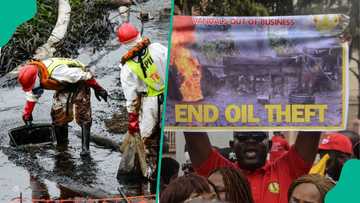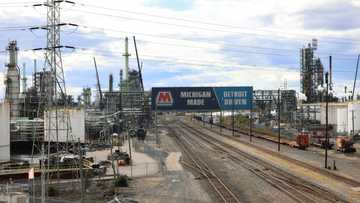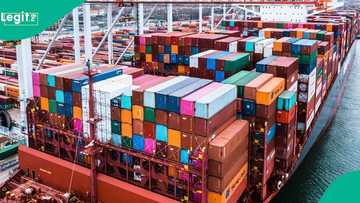Oil Spillage in Nigeria - History
Oil spillage in Nigeria will cost at least one hundred billion dollars and about 30 years to clean up the mess. UN reports gave these numbers to Nigeria. If the situation does not change – Nigeria will end up with worse environmental issues than ever! Read this article to find out more!
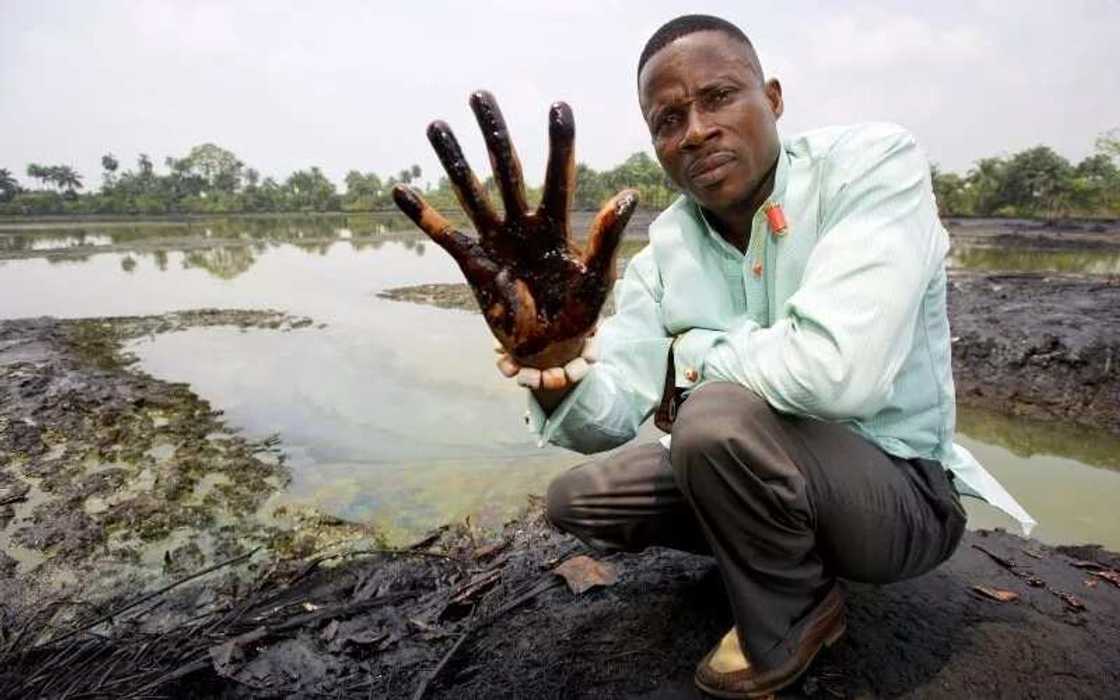
Oil History in Nigeria
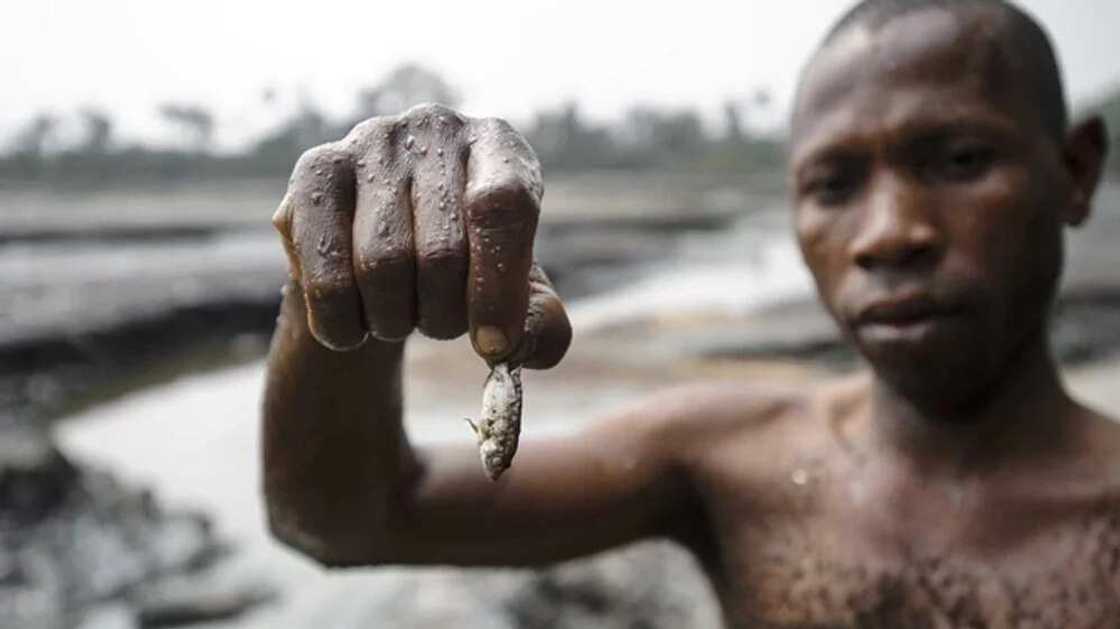
In 1956, the British Empire found oil in Nigeria. After that, British Petroleum and Royal Dutch Shell started producing crude oil and selling it. At the beginning of 1958 – other foreign companies joined the operations in the crude oil production. In 1960, Nigeria gained independence and shortly after, stepped into the civil war.
Despite the civil war, oil production did not stop. Nigerian warlords continued to use oil plants for war! Corruption in Nigeria made the situation much worse. Nigerian officials made millions thanks to the crude oil production. At the same time, the majority of the population tried to survive on 1 dollar per day. Of course, there were no official reports about oil spillage in Nigeria at that time.

Read also
New petrol prices as oil falls, report says OPEC may reject FG's planned production increases
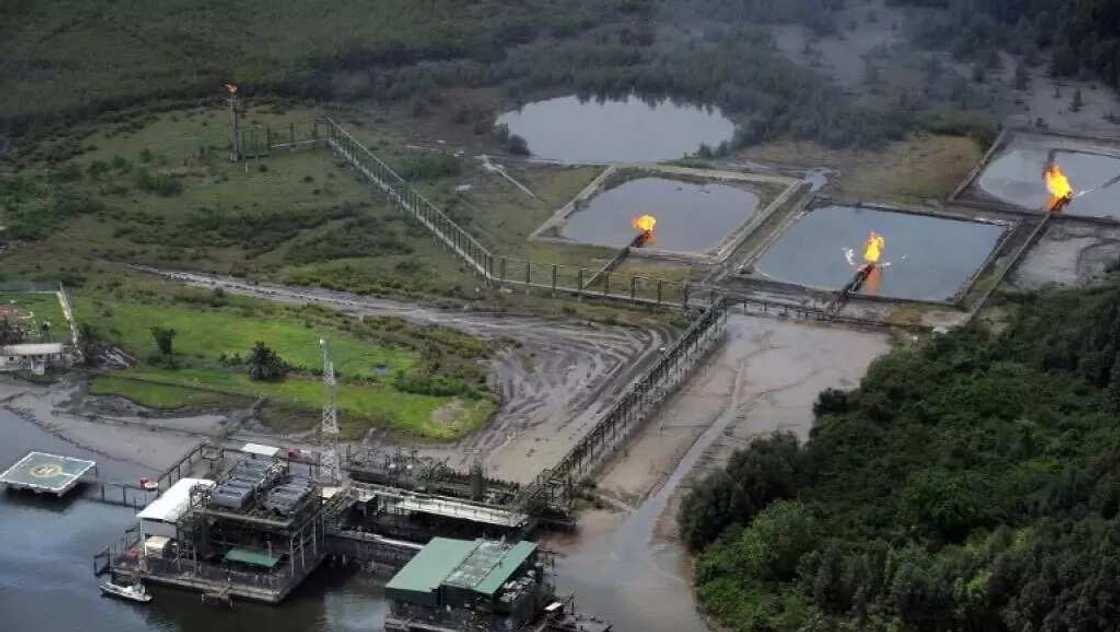
The first major oil spillage occurred in 1970 in the South-East of Nigeria. The most damaged region was Ogoniland. Nigerian officials reported that gallons of crude oil spilled on rivers and farmland. The Federal Government reported that there were more than 7,000 spills in the time range between 1970 and 2000.
Ultimately, it led to the 26 million pounds fine for Shell. Still, that fine only occurred 30 years later! It`s not enough to fix the environmental damage of Ogoniland.
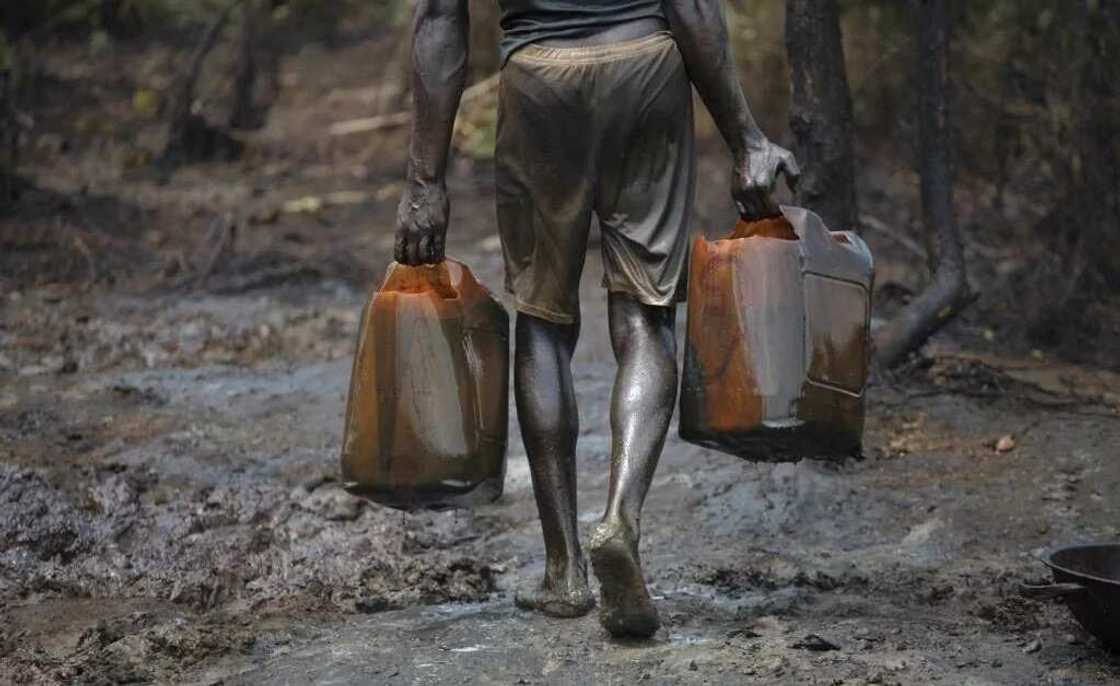
Nevertheless, Shell in Nigeria refused to pay this price for Ogoniland. So non-violent opposition happened in Ogoniland in the 1990s. People protested against oil companies and the oil spillage in Nigeria. They wanted to have at least some financial benefits from oil companies.
The Federal Government tried to destroy the opposition with military forces. It only made the situation worse.
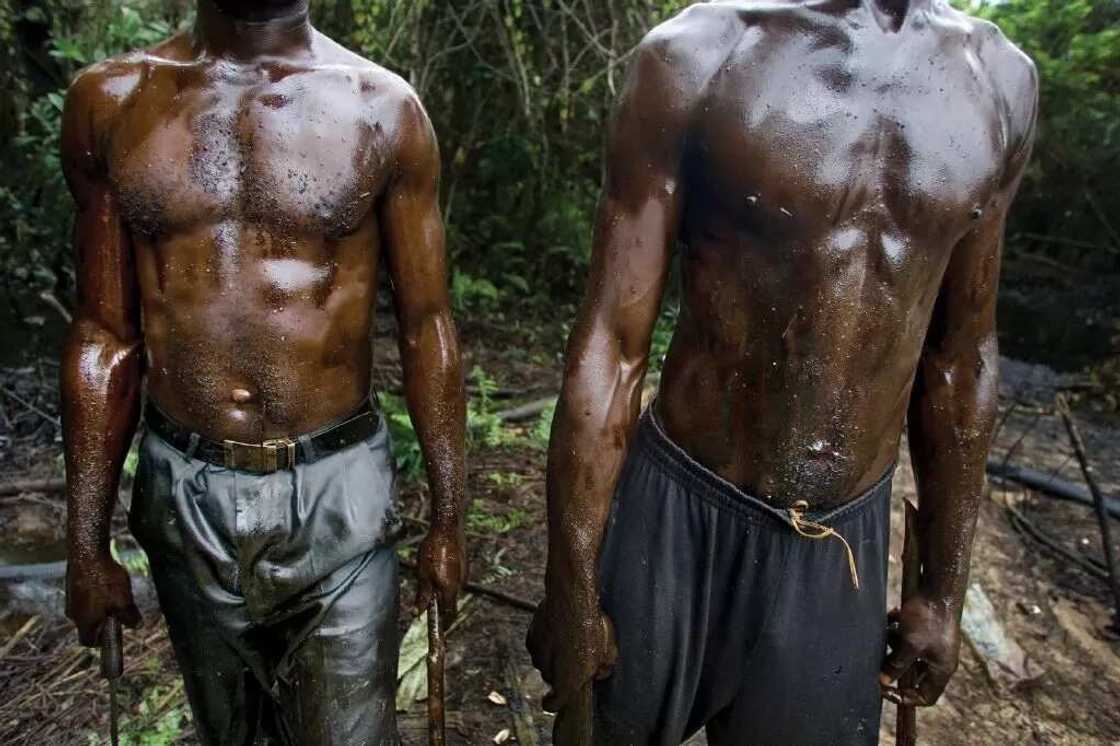
In 2006, armed groups started to sabotage pipelines and kidnap oil companies` staff. Nigerian army was not able to provide security for Shell pipelines. Eventually, Shell admitted to the oil spills. Shell`s oil spillage in Nigeria statistics showed that the company was responsible for 14, 000 tons of crude oil in the Niger Delta. After this, Shell paid the fine of 9.6 million pounds.
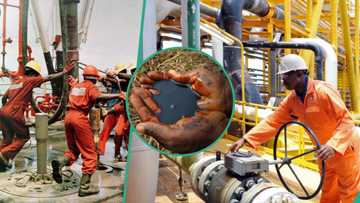
Read also
OPEC may reject Nigeria’s planned 2 million barrels per day oil production projection, report says
Oil Companies Vs People
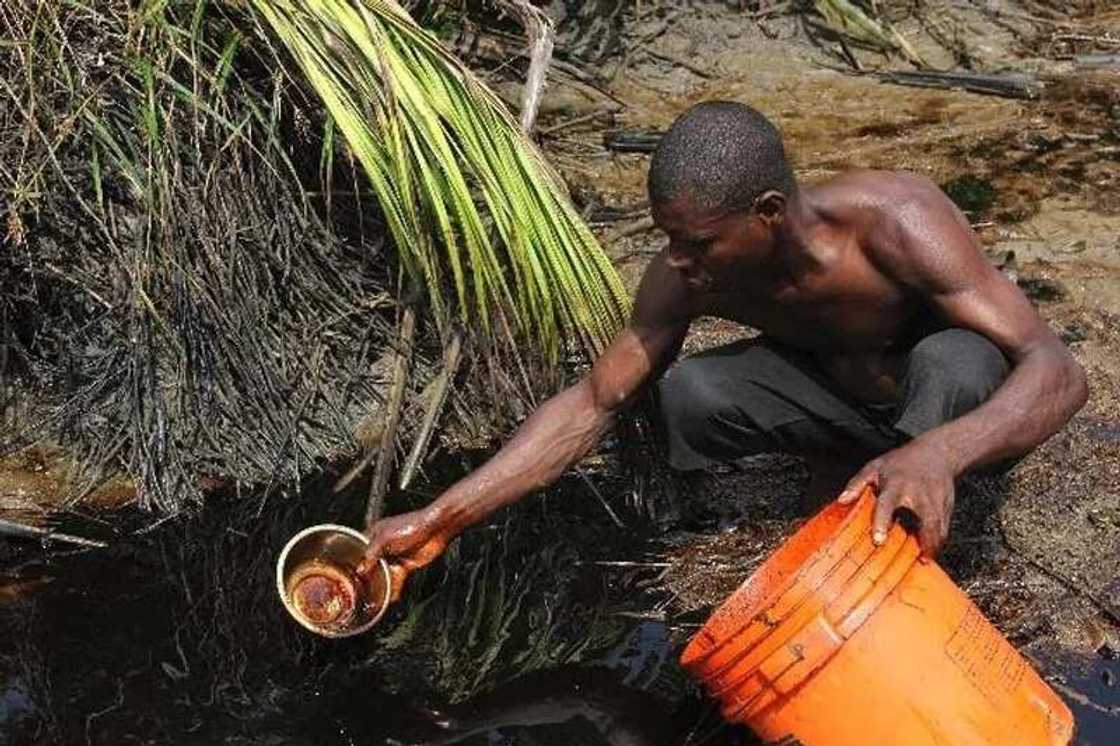
Shell and other oil companies do not want to admit to the oil spillage in Nigeria. In 2009 the UN Environment Programme (UNEP) announced that Ogoniland would need about 1 billion dollars to clean itself. The UNEP reports showed that the oil spillage had polluted the 1,000 square kilometers area. It was not an ideal living conditions for those in the area.
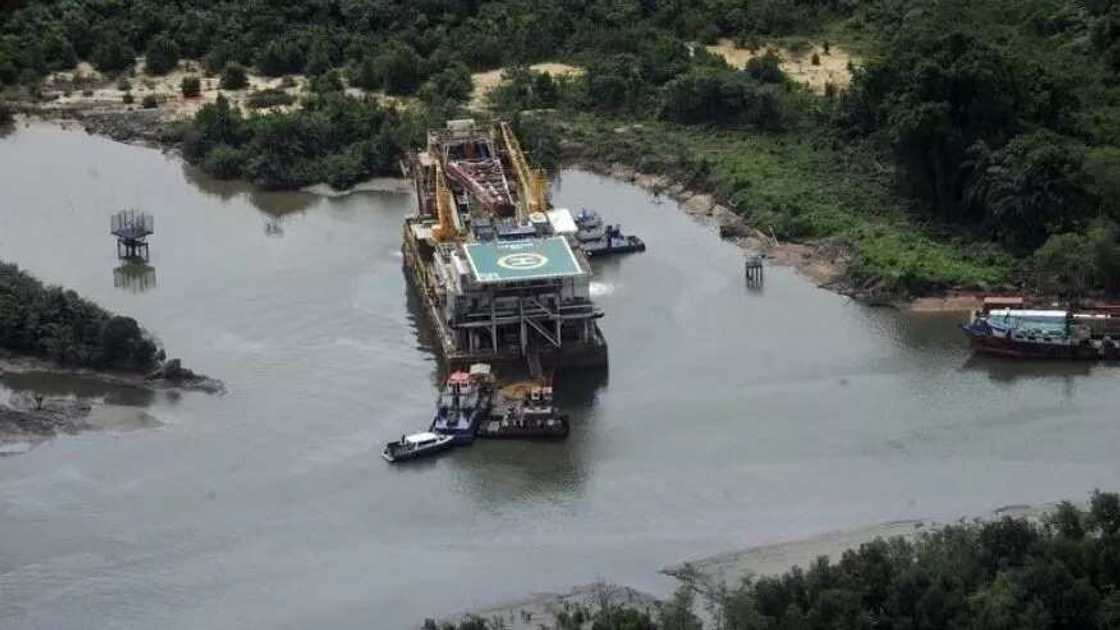
In 2012, Guardian published the results of the first large-scale investigation of the oil spillage in Nigeria. This three-year investigation found the following atrocities in Ogoniland:
☞ Shell in Nigeria failed to provide required environmental safety standards of Nigeria. Moreover, Shell Nigeria failed to meet even their own safety standards!
☞ The hydrocarbon level of water in Niger Delta is more than 1,000 times higher than the level allowed by the international drinking water standards!
☞ The studied areas have shown that the soil contamination is more than five meters deep!
☞ Community drinking water is filled with benzene and other pollutants. Niger Delta regions couldn`t provide drinking water to people!
☞ The report showed the heavy contamination of underground water courses!
☞ Oil companies did not clear the contamination spots despite warning!
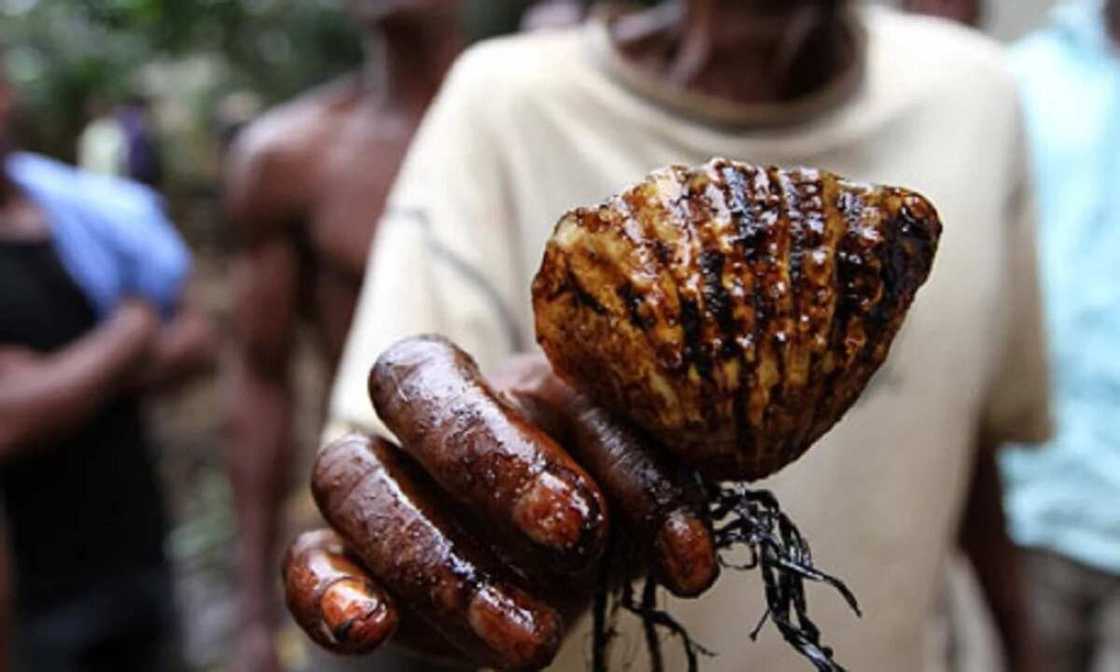
READ ALSO: Problems of tourism in NigeriaProblems of tourism in Nigeria
Still, the official oil production is only a tip of the iceberg for the oil spillage in Nigeria. Officials of Shell companies claim that the major part of oil spills is caused by the illegal crude oil production.
Mutiu Sunmonu, managing director of Shell in Nigeria, have been protecting the interests of the company for many years. According to him, most of the Oil Spillage Africa Nigeria is caused by sabotage and the illegal oil production.
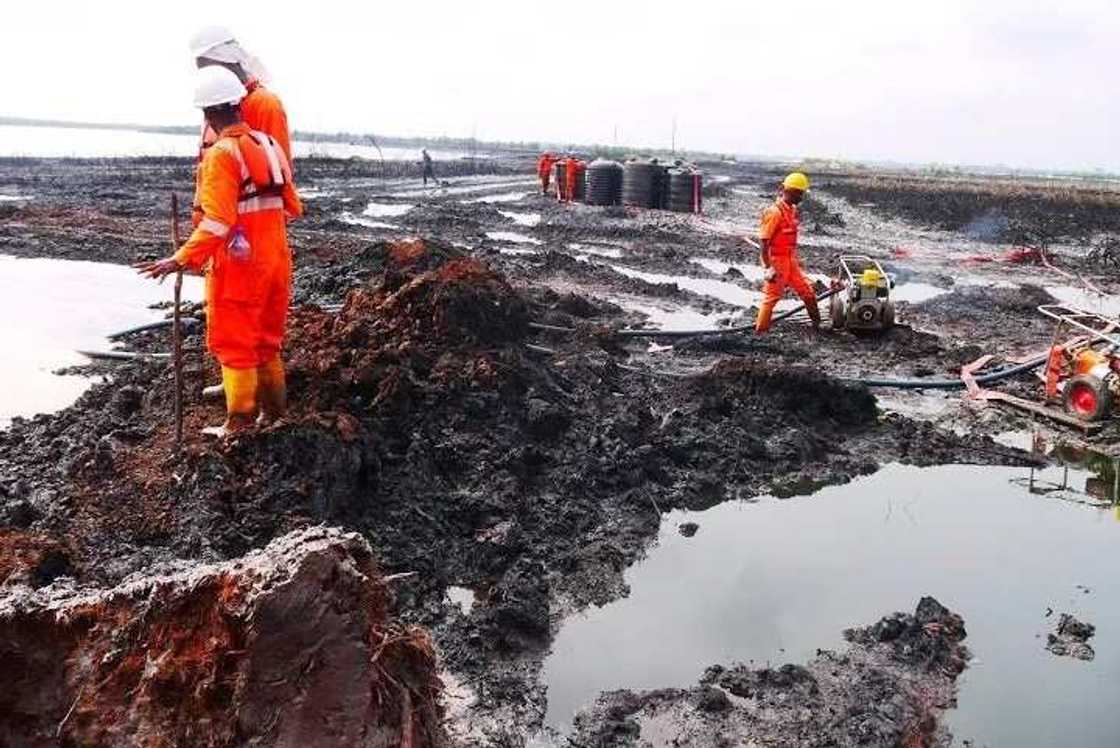
Nnimmo Bassey, director of Environmental Rights Action in Nigeria, reported that Shell and other oil companies are mostly responsible for the oil spillage. He suggested that the Federal Government together with oil companies should provide the strategy to clean up oil spills in the damaged regions.
What are the causes of oil spillage in Nigeria?

Recent international studies show that oil spills are common in Nigeria. They provide the following oil spillage sources:
☛ Pipeline and tanker incidents – 50%;
☛ Sabotage – 28%;
☛ Oil production operations – 21%;
☛ Non-function equipment – 1%.
These reports also provide information about oil corrosion accounts. The pipeline network is pretty old and has not been changed since the 1980s. Therefore, corrosion can be treated as one of the main causes of the oil spillage.
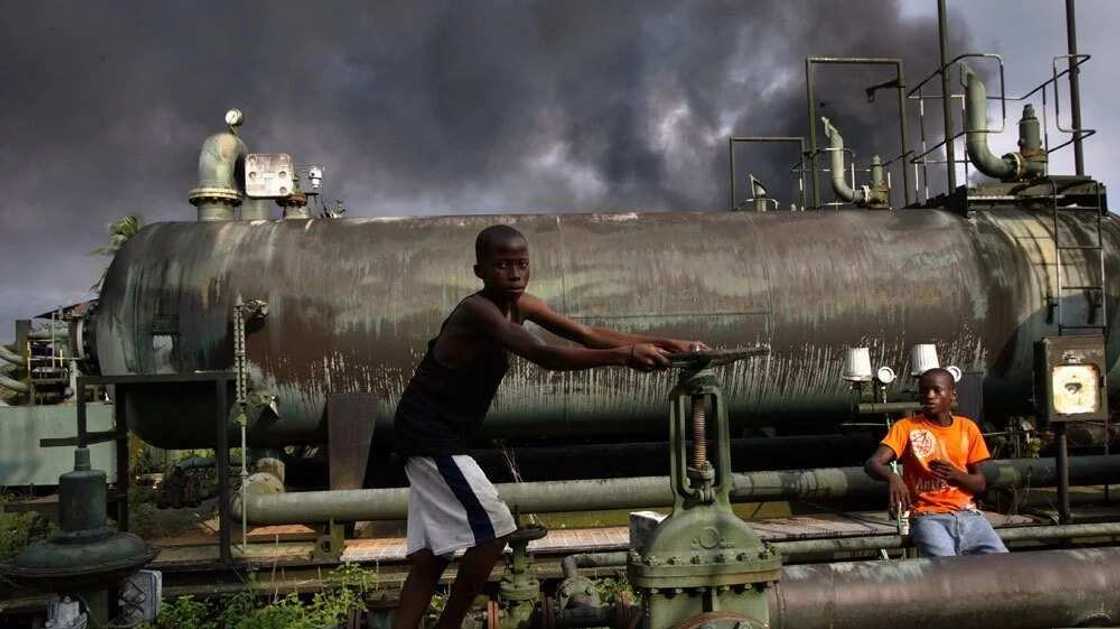
Another main reason is the sabotaging of activity in oil states in Nigeria. The sabotage is primarily performed by “bunkering” and siphoning. Niger River Delta State is the main target for oil production saboteurs. They contribute to the environmental degradation. Oil siphoning has already become a big business in Nigeria!
Oil spillage in Nigeria effects
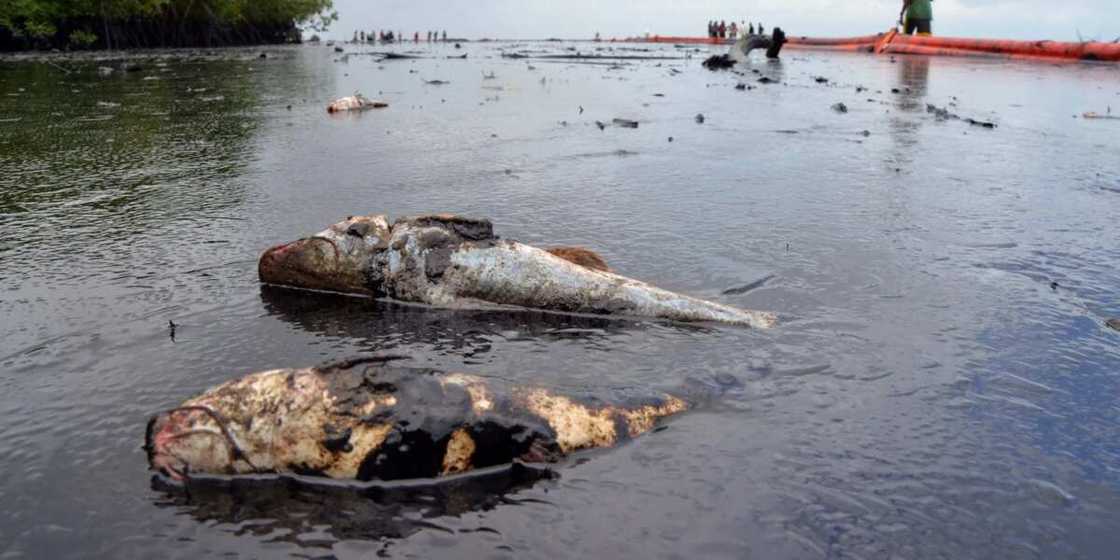
Independent studies show the following consequences:
→ More than one thousand people have been killed in the oil line explosion;
→ The oil spillage in Nigeria is destroying the ecosystem of oil states. Some scientists constitute ecocide in the oil states;
→ About 7,500 square kilometers of rainforest were destroyed;
→ About 10% of mangrove ecosystems in oil states;
→ Pollution of underground water;
→ Violation of human rights in oil state regions, like the ability to work, health and access to clean water.
Conclusion
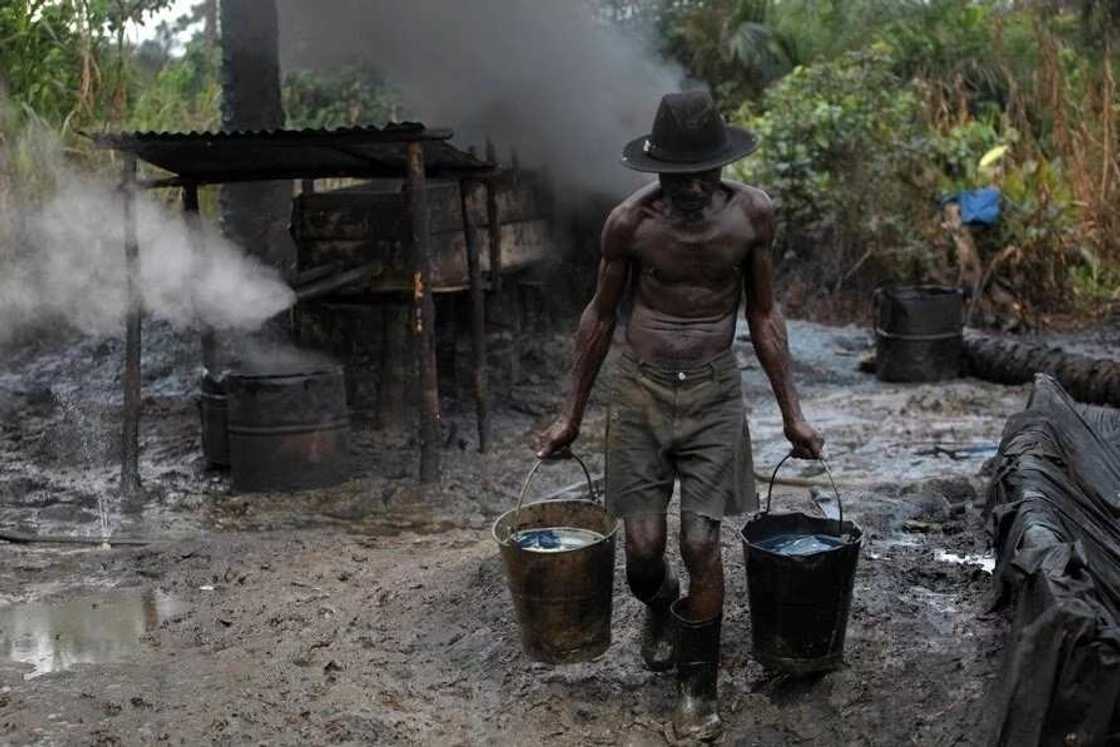
Nigeria is one of the biggest oil producers in Africa. Still, the average Nigerian mostly suffer due to oil production. All the benefits from oil come to oil companies and corrupted Nigerian officials! If the situation does not change, Nigerians will lose their oil states!
READ ALSO: Insurgency in Nigeria effect on the economy

Read also
Rwanda discovers first oil in large quantity, set to rival Nigeria, other African countries
Source: Legit.ng


